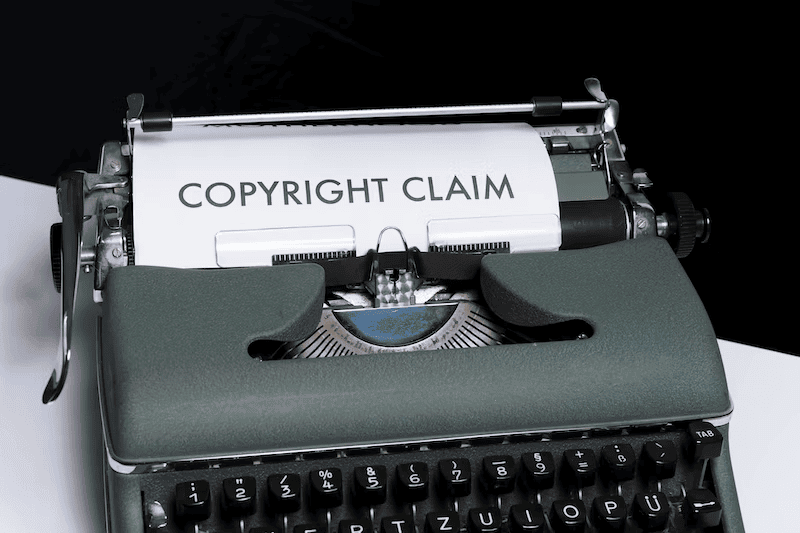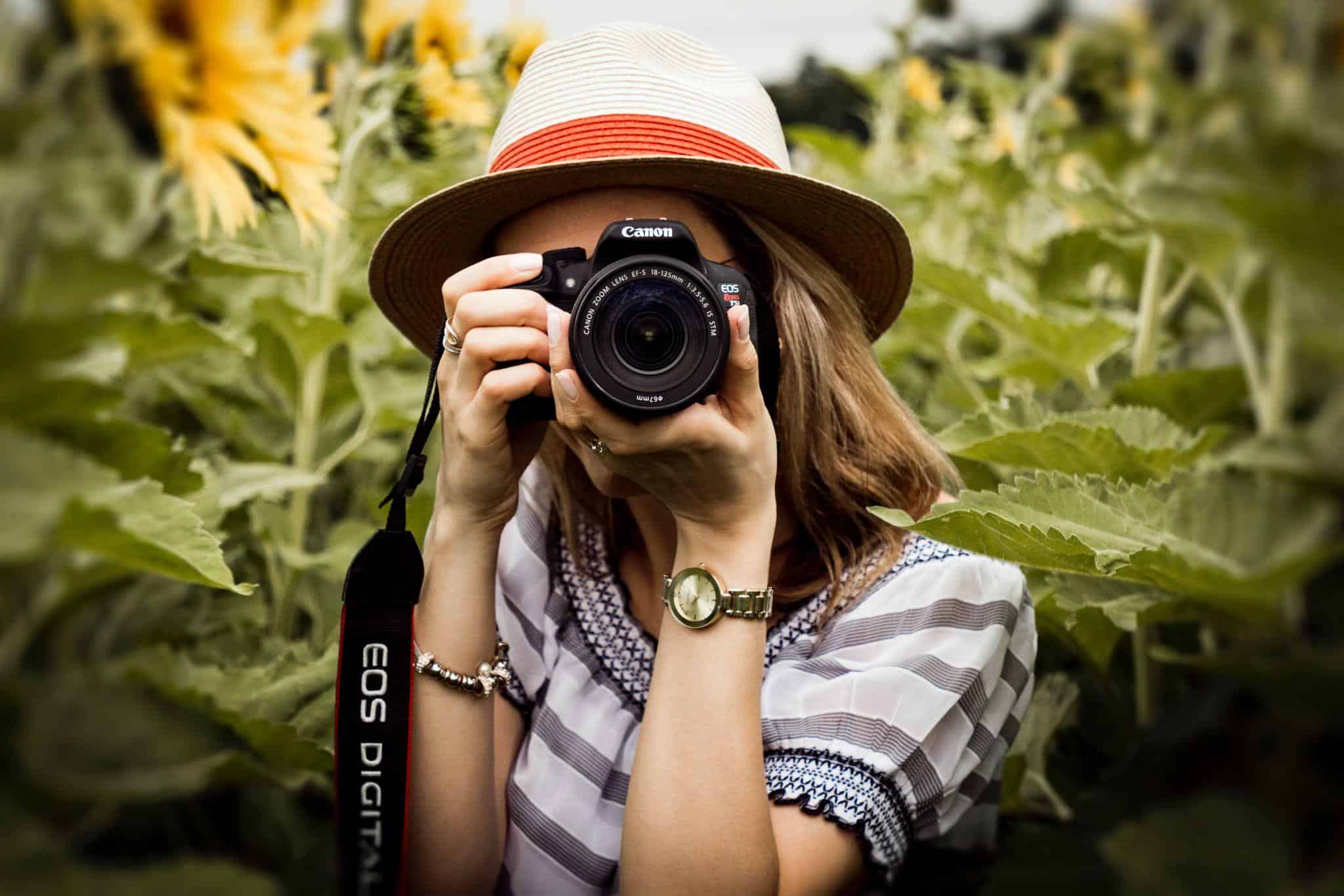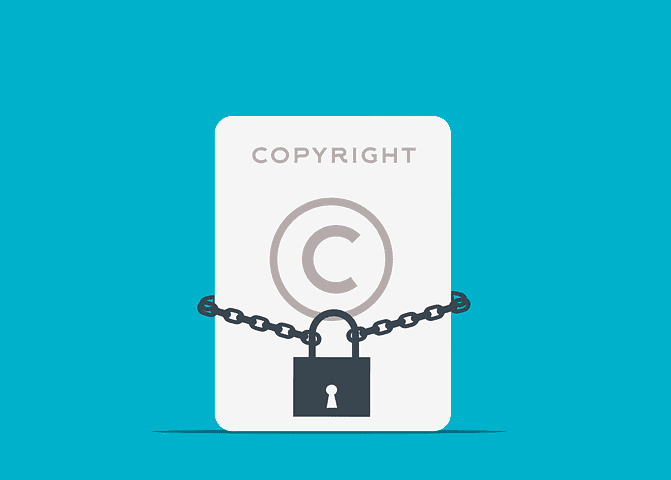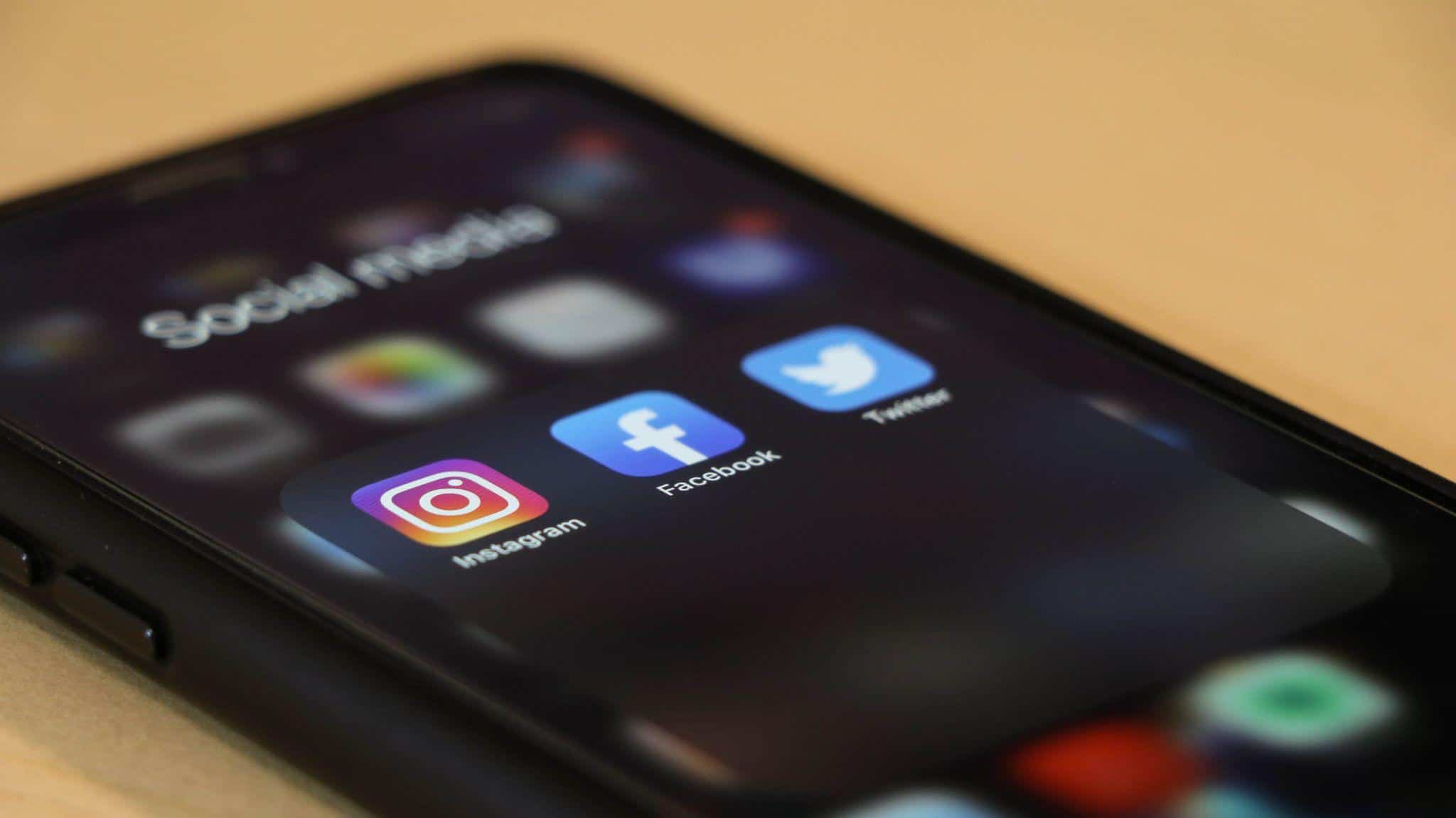Social media has revolutionized how businesses interact with customers, drive narratives and market their products. According to Statista, the leading benefit of social media marketing is increased exposure. Hardly surprising. It opens up an avenue to reach potentially millions of people.
Social media is an open, free-for-all space where you can post anything as long as it doesn’t infringe on rules set by the administrators, including government regulation and copyright laws.
We all enjoy sharing the interesting content we find online to generate social media engagement. Still, copyright laws apply, and you may find yourself in hot water if you use other people’s intellectual property on social platforms without due consent.
It falls to you to identify what you should avoid posting to avoid copyright infringement. This is where social media scheduling tools can come in handy. By using scheduling tools, you can plan your social media posts in advance and ensure that you’re not inadvertently infringing on someone else’s intellectual property.
Here, we’ll examine five things you should know to prevent copyright issues on social media and online forums.

How Do You Violate Copyright Rules On Social Media?
The most straightforward description of copyright infringement is using or distributing other people’s creative work without their consent or crediting them as a source.
A common copyright violation is plagiarism—copying a blog on business group text messaging and posting it on your website, for example.
Copyright rules are constant regardless of the medium. But the lines are often unclear on many social platforms.
Social media platforms allow users to post nearly any content that doesn’t violate their rules. These websites don’t usually implement strict measures to monitor and prevent deliberate or unintentional intellectual property appropriation by unauthorized third parties.
As such, it falls to you to identify what you should avoid posting to avoid copyright infringement.
Common Examples of Copyright Infringement on Social Media
Understanding what copyright infringement looks like helps you better avoid it. Here’s how your social media strategies may be violating copyright rules on social media.
- Using images, clips, and visual content belonging to other brands qualifies as copyright infringement. For example, using a picture of a Nike product on Nike’s social media page or website to promote your brand violates copyright rules.
- Similarly, repurposing a graphic from a third party for your benefit without crediting the original creator or having obtained the rights to use it qualifies as copyright infringement. Basically, if you’re thinking: ‘Should I use this photo?’ You probably shouldn’t unless you own it.
- Also, using texts, captions, quotes, and ad copy belonging to other brands is a copyright infringement. This qualifies as plagiarism and can attract undesirable attention from the affected parties.
5 Things to Know When Managing Copyright on Social Media
These pointers will help you avoid copyright infringement and protect your own intellectual property on social platforms.
Know The Provisions of the Digital Millennium Copyright Act (DMCA)
The Digital Millennium Copyright Act (DMCA) is a rights management law regulating digital materials creation and sharing. It’s an extension of the existing copyright laws protecting digital assets creators’ and consumers’ rights.
The DMCA protects creatives from the unlawful reproduction or distribution of their work online. Its provisions cover stock photos, music, videos, text, and even media on software like Zoom phone. The DMCA targets the “online” medium and covers all internet spaces, including social media.
Simply put, almost every piece of content you find online that isn’t your creation is protected by the DMCA, and you can’t use it without permission. At the very least, you must acknowledge the source in your post.
That means you can’t use pictures from other sites or pages as primary or supporting content in your social media posts unless:
- You’ve paid to use it
- You got it from a copyright-free stock images site
- You have permission from the author to use it

Know the Fair Use Condition and its Connection to the DMCA
Not everything is set in stone when it comes to using copyrighted materials. Traditional copyright laws grant fair use exceptions on intellectual properties. There are conditions limiting the extent to which copyright owners can prevent others from using their work.
Fair use is an acknowledgment of the law on the limits to which owners can dictate how others utilize their digital creations. From a user’s perspective, fair use conditions allow you to make limited use of copyrighted material while building a social media brand — even without the owner’s permission.
The DMCA acknowledges fair use conditions. As such, it allows you to use other people’s work on digital mediums, albeit with limitations. The conditions required for fair use acceptance are based on four factors.
The Purpose and Manner of Usage
This considers the intention behind your use of another person’s work. The DMCA considers commercial use as non-conformant with fair use terms.
But less self-serving use cases such as education, review, research, parody, or legal advice ends are acceptable fair use scenarios.
The Impact of Your Use on the Work’s Market Value
If reusing a material diminishes its value, it no longer aligns with fair use considerations. In addition, if your actions make it difficult for the creator to market or license the work, it doesn’t count as fair use.
For example, copying a list of sales enablement tools from a blog post and pasting it on your timeline may cause the original author to lose traction and limit their organic reach. These conditions are outside fair use criteria.
The Copyrighted Material’s Nature
While a textbook may be a copyrighted item, sharing a quote from it on social media study forums counts as fair use.
The Extent of the Appropriation
Taking a line from a song/poem or a 10-second clip from a two-hour movie is acceptable as fair use. But reposting a three-second gif in its entirety isn’t fair use because, comparatively, you’re appropriating the creator’s entire work.

Know What You’re Putting Out
Social platforms give you ample freedom to get creative with social media content design, but you must be conscious of what you post.
Double-check all of your social media messages, advertisements, and broadcasts. This is crucial when it comes to avoiding copyright issues on social media and online forums.
It doesn’t matter if your strategy is out of a social media marketing handbook; all your actions must comply with copyright law stipulations. It’s pretty easy to run afoul of copyright law on social media without realizing it.
This mistake is common among everyday social media users who take memes from a platform like Facebook and post it on their timelines on another platform. While individuals often pull this off without repercussions, it’s different for business brands.
The majority of your publications have a profit-driven motive. As such, fair use factors may not give you sufficient grounds for appropriating third-party digital properties.
It’s best to only share original content generated by and for your brand. But if you must use third-party content, ensure it’s not been taken from another brand. If you aren’t sure of the content’s status, you can do a reverse image search and confirm the original owner.
Don’t blindly trust free stock photo websites. Sometimes, the supposed copyright-free images aren’t. Individuals can pull a protected image from somewhere and upload it on stock photo websites.
Finally, it’s best to reference the source when repurposing content from third-party websites or pages. Even platforms that offer copyright-free images require you to provide attribution for the assets on your platform. Ensure to do that appropriately.

Know That Copyright Works a Little Differently on Social Media
You retain the rights to your creative work even when you put it on social media. As such, no one gets to copy your tweets and pass them off as their own. In addition, the social media platform can’t take ownership of anything you put on it.
But then, you can’t fully control or limit what happens to your work on social media. When signing up on the platform, you would have agreed to its terms of use (TOU). Parts of the provision of the TOU give the website license to your work and allows others to share it within the platform.
Fortunately, the provisions of the license mean others can’t use your content without attribution. For example, If you put a data engineer certificate template on Twitter, the platform allows other users to retweet it. But it doesn’t support others merely copying and publishing your post and training certificate template on their profiles like it was their creation.
Copyright on Twitter
According to Twitter’s terms of service, you retain the rights to any content you submit, post, or display on or through their Services. It also specifies that by “submitting, posting, or displaying content on the platform, you grant Twitter a worldwide, non-exclusive, royalty-free license to use, copy, reproduce, process, adapt, modify, and distribute such content in any media method.”
Primarily, that means you grant Twitter the license to repurpose your tweets regardless of their content.
Copyright on Facebook and Instagram
Copyright terms on Facebook and Instagram are similar to Twitter. They state that you give the platforms license to utilize the content as necessary to effect their services.
It also stipulates that all the content and information you put on the platforms is yours, and you can control how others interact with them through the privacy and application settings.
Copyright on Pinterest
Pinterest’s terms of service also let you retain the rights to the photos you upload on the platform. But by posting the photos on Pinterest, you have agreed to give them a non-exclusive, royalty-free, transferable, sublicensable, worldwide license to use, modify and distribute your content as necessary to offer their service to you and other users.

Know How To Protect Your Content on Social Media
To further ensure that you’re not infringing on anyone’s intellectual property, you can use a social media scheduler to plan your posts in advance and review them carefully before they go live.
Although, managing a social media account isn’t only about knowing what to avoid posting. It also includes protecting your intellectual property too. Copyright shouldn’t just restrict you; you can also make it work for you.
That said, the easiest way to manage your copyright on social media is not to put out any content. People can’t appropriate what they can’t access. Plus, posting on social media gives a license to the platform to use the content and lets users do the same.
But doing that defeats the purpose of a social media account for your business. As such, you need other measures to protect your copyrighted materials.
One idea for that is to include a copyright indicator on any content you put out. For example, you may include your brand’s logo design on your social media images or add a watermark to design fliers.
Admittedly, it doesn’t stop others from recreating the exact design or cropping out parts featuring your brand indicators. Such cases are scenarios of blatant copyright violation, and you must report them. Each social platform makes provisions for users to report copyright violations, and you should take advantage of it to protect your property.
Essentially, it falls to you to maintain vigilance and keep track of possible copyright violations on your assets. Be quick to file complaints whenever you identify any, and always have proof of ownership on standby to support your claims in case of a lawsuit.
Learn How to Avoid Copyright Issues With Social Posts
Always beware of the copyright laws that apply to any content you put out on social media. Knowing the rules helps you avoid issues and any potential lawsuits down the line.
As described above, you may be able to use content from other content creators, especially when the use case meets fair use conditions or you attribute the content to its source.
But if you have to ask yourself if you should use a photo or video? You probably shouldn’t unless you own it.

